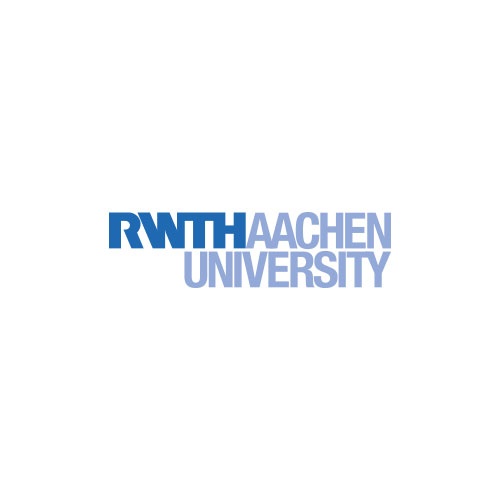RWTH: Transformation Instead of Demolition
How can we revive the opencast mining villages in the Rhenish mining area? And how can we make this transformation process sustainable and socially just? There is hardly a better place to think about this than the village of Morschenich-Alt. From June 17 to 24, local citizens will have the opportunity to come together to look for answers to these questions and contribute to shaping structural change in the area: Everyone is invited to participate in the project week organized by RWTH and Neuland Hambach.
Ort der Zukunft – Place of the Future – that’s what it says on the town sign of Morschenich-Alt. The village, which was supposed to be razed and whose inhabitants already have been relocated, will continue to exist after all – right at the edge of the open pit mine.
What this “place of the future” could look like is to be worked out during a special project week in June: It is an exciting initiative, not only for Morschenich, as the many questions it raises are of interest to all of us: How can a decentralized energy supply work in the Rhenish mining area? What can mobility in rural areas look like in future, and how can sustainable construction be successfully implemented?
In 70 different projects, including lectures, workshops, excursions, discussion rounds, and exhibitions, new perspectives are to be developed and discussed. What all formats have in common is that they want to foster participation and dialogue on topics surrounding structural change.
“The project week here on site is about new opportunities for structural change in the Rhenish mining area – that’s what we want to talk to people about,” says Prof. Agnes Förster, head of the RWTH Department of Planning Theory and Urban Development. The project week has been organized by the Department in collaboration with the REVIERa transformation platform and Neuland Hambach (de); all activities will take place around the daycare center at Ellener Straße in Morschenich-Alt. The host is the municipality of Merzenich.
Bianca Hohn, project manager at Neuland Hambach, says: “With tu! Hambach, we want to combine research and practice; the participants can and should get involved in the profound process of change in the region.” As structural change manager for the municipality of Merzenich, Lennart Schminnes sees “huge potential” in Morschenich-Alt, and he is already looking forward to working with the entire team “to launch many new innovative projects as part of the event.”
The Temporary University Hambach (tu! Hambach) is a collaborative format for learning, planning, and development in the Rhenish mining area. Numerous individuals, groups, institutions are invited to contribute to the project week in Morschenich-Alt in June 2023. The Temporary University project has been implemented by the REVIERa transformation platform of RWTH Aachen University in cooperation with Neuland Hambach . In the summer of 2023, tu! will open its doors in the municipality of Merzenich.
Local partners are Forschungszentrum Jülich (more specifically, the BioeconomyREVIER initiative for structural change), FH Aachen University of Applied Sciences (Department of Urban Planning, Transformation and Process Design), and the LVR Institute for Regional Studies and Regional History (with its “Stories of the Rhenish mining area” project).

